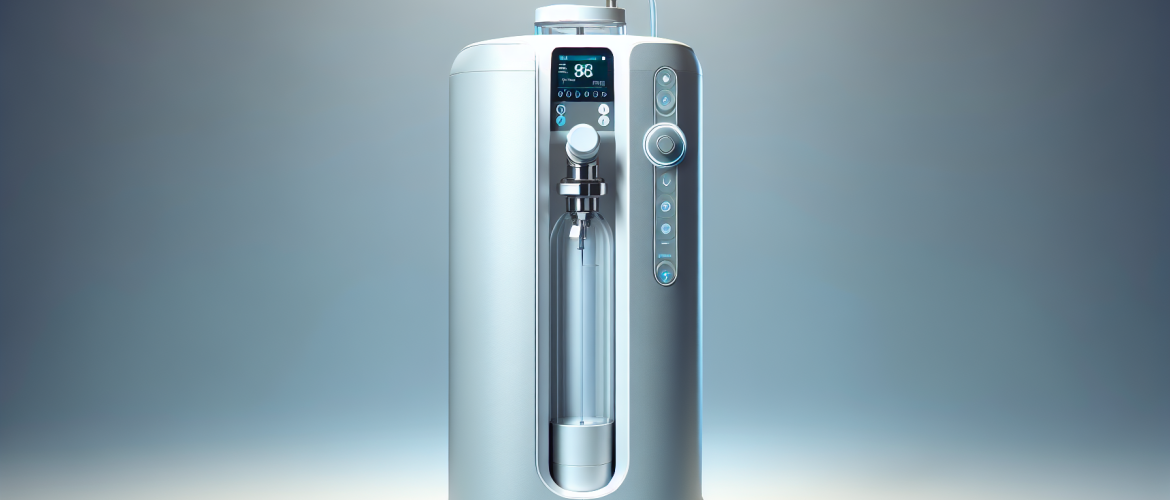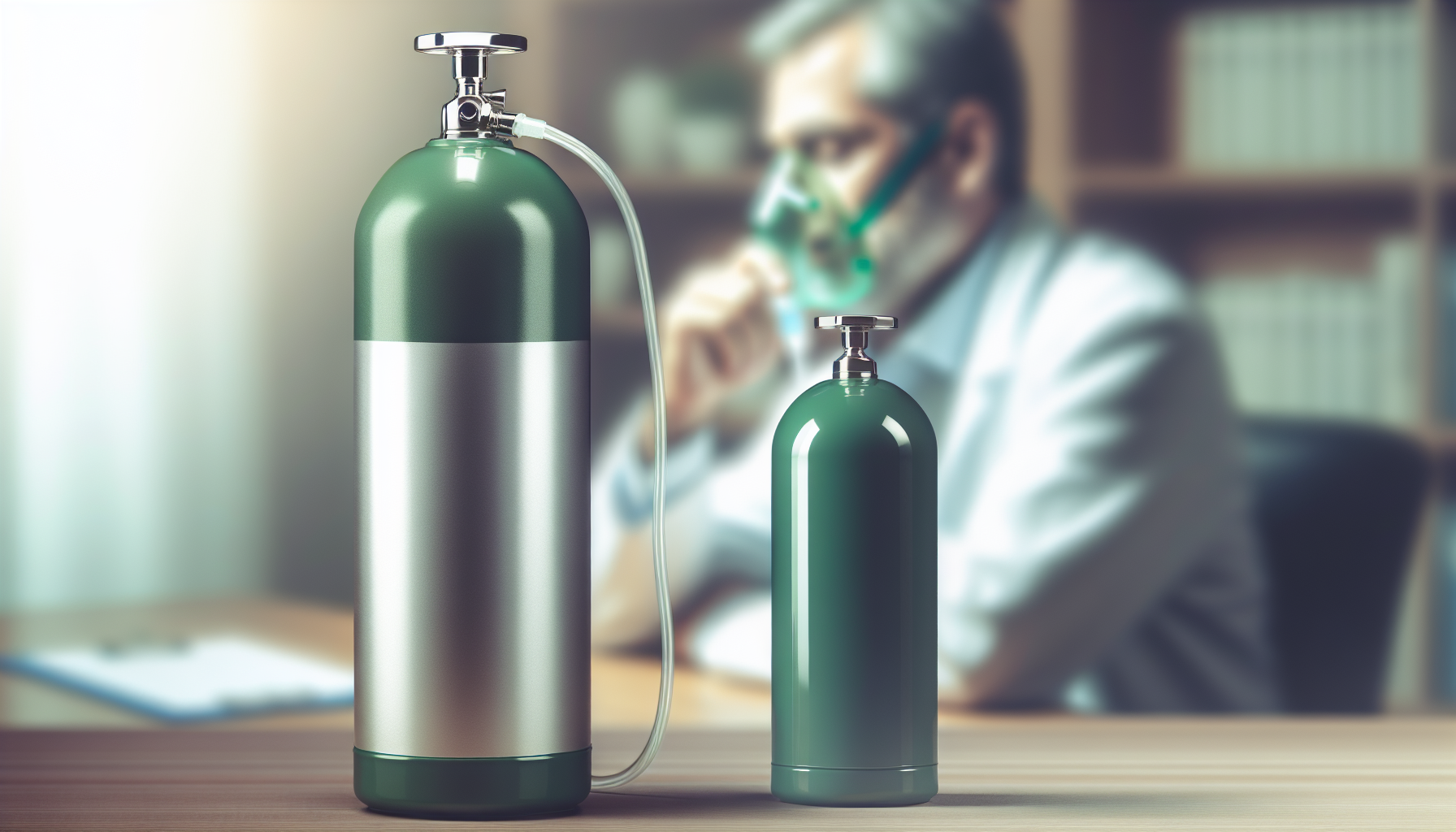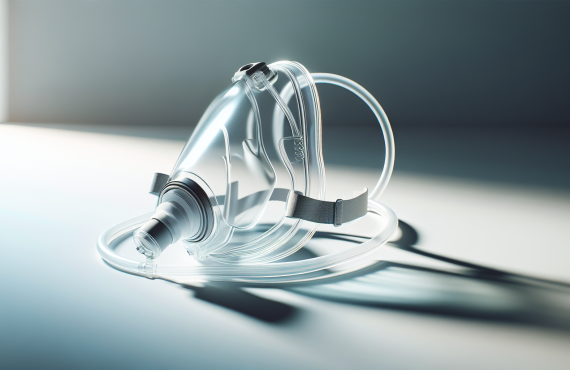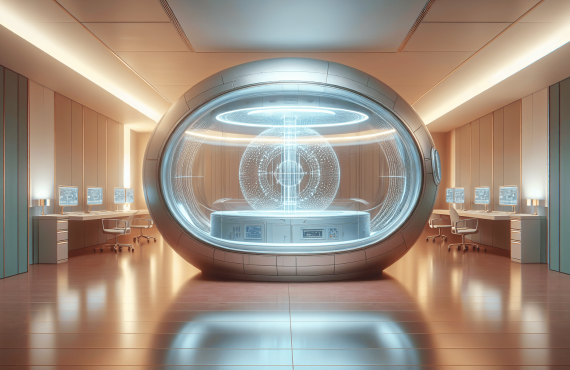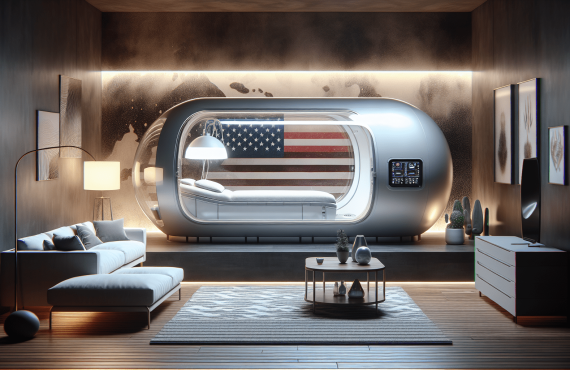Have you ever wondered whether you need a prescription for an oxygen concentrator? Perhaps you’re contemplating the purchase of this device to support your breathing or to assist a loved one. Let’s explore this topic in detail and provide you with all the information you need to make an informed decision. We’ll delve into the specifics of oxygen concentrators, discuss why prescriptions might be necessary, and even touch on some related therapies that could enhance wellness.
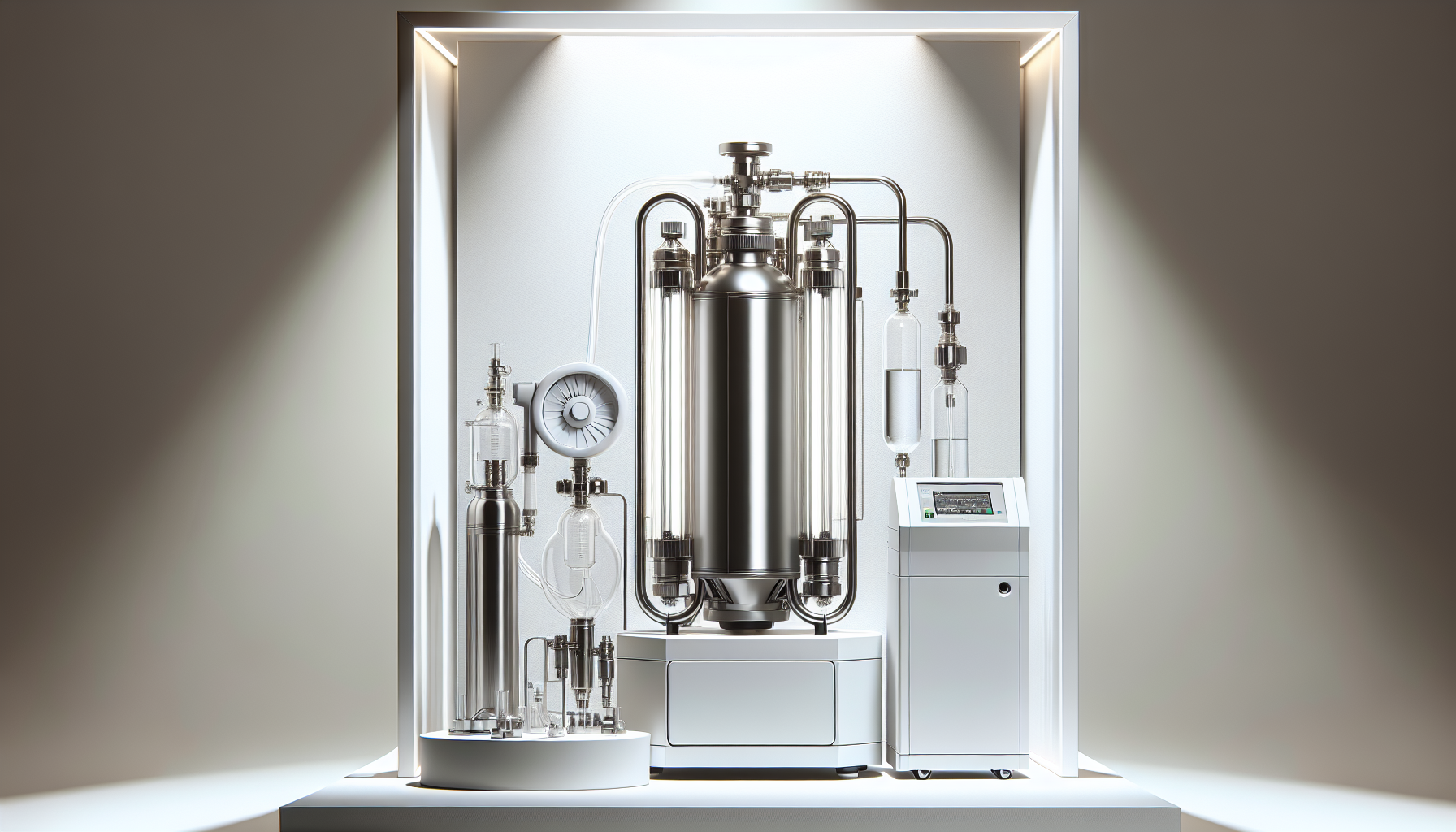
Table of Contents
What is an Oxygen Concentrator?
An oxygen concentrator is a medical device designed to deliver a prescribed dose of oxygen to individuals whose blood oxygen levels are insufficient. Unlike oxygen tanks that provide a finite supply, concentrators draw in ambient air and filter out nitrogen, leaving concentrated oxygen. This technology makes them an effective and practical solution for long-term oxygen therapy, often needed for conditions like chronic obstructive pulmonary disease (COPD), emphysema, and other respiratory ailments.
How Does an Oxygen Concentrator Work?
In simple terms, an oxygen concentrator takes in air from the surroundings, compresses it, and uses a filtering system to concentrate the oxygen. The device then delivers this oxygen through a nasal cannula or mask. This process ensures patients receive sufficient oxygen to support their breathing and overall body function.
Do You Need a Prescription for an Oxygen Concentrator?
In most cases, yes, you do need a prescription to purchase an oxygen concentrator. Here’s why:
Medical Supervision
Oxygen is a medication, and like any medication, it requires proper dosing under medical supervision. Over-oxygenation can lead to complications such as oxygen toxicity, which can damage your lungs and other tissues. A medical professional can assess your condition and determine the appropriate oxygen flow rate and duration required for your health needs.
Insurance and Compliance
When a prescription is in place, insurance companies are more likely to cover part or all of the cost of your concentrator, making it more affordable. Additionally, having a prescription ensures that your use of the device complies with medical guidelines and regulations.
How to Obtain a Prescription
To obtain a prescription for an oxygen concentrator, you’ll typically need to undergo a series of tests. These might include:
Medical Evaluation
Consult your doctor or a pulmonary specialist to discuss your symptoms and health concerns. They will evaluate your need for supplemental oxygen through physical examinations and your medical history.
Oxygen Level Testing
Tests such as a pulse oximetry or arterial blood gas test measure the oxygen levels in your blood. If these levels fall below the normal range, your doctor might recommend supplemental oxygen therapy, warranting the use of a concentrator.
Understanding the Different Types of Oxygen Concentrators
Oxygen concentrators come in two primary types, and understanding them helps in making an informed choice:
Home Oxygen Concentrators
Designed for stationary use, home models are larger and often capable of delivering higher flow rates. They are ideal for patients requiring continuous oxygen while at home.
Portable Oxygen Concentrators
Compact and lightweight, portable units provide mobility and convenience. They’re great for those who need oxygen support outside the home or while traveling.
| Feature | Home Oxygen Concentrator | Portable Oxygen Concentrator |
|---|---|---|
| Usage | Stationary, home-based | Mobile, travel-friendly |
| Weight | Typically heavier | Light and compact |
| Oxygen delivery capacity | Higher flow rates | Moderate, adjustable flow |
| Power source | Electrical, AC-powered | Battery-operated, rechargeable |
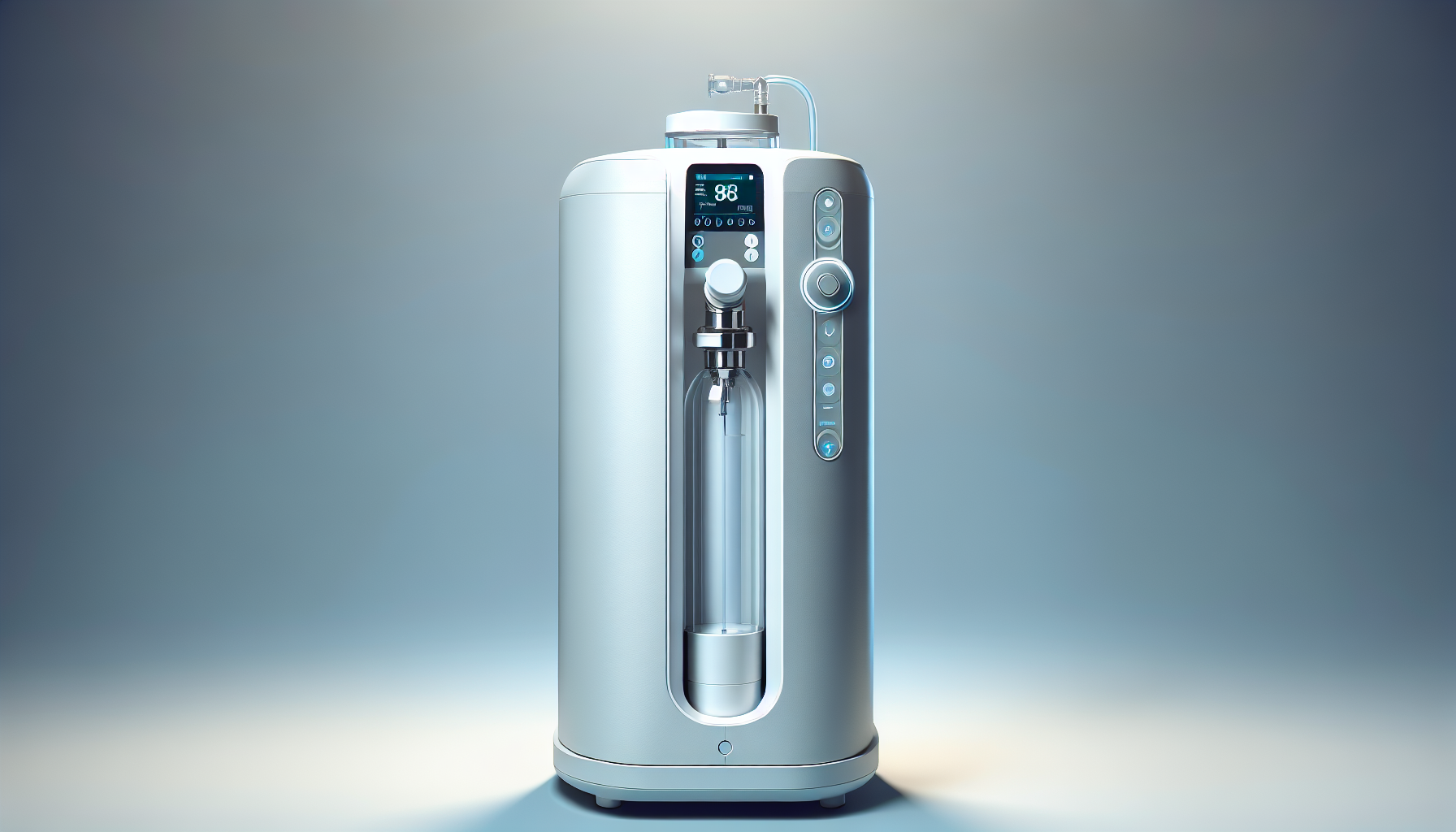
Hyperbaric Therapy: A Related Treatment
Hyperbaric Oxygen Therapy (HBOT) is another treatment that uses oxygen but involves a different approach and set of benefits.
What is Hyperbaric Therapy?
Hyperbaric therapy involves breathing pure oxygen in a pressurized chamber, which enhances the amount of oxygen dissolved in the blood and tissues. This increase can aid healing, reduce inflammation, and boost immune function. Patients enter a chamber where the air pressure is raised up to three times higher than normal atmospheric levels.
Benefits of Hyperbaric Therapy
The therapy is known to support wound healing, reduce recovery time from injuries, and dissolve harmful gas bubbles in the bloodstream. Conditions like decompression sickness, carbon monoxide poisoning, and chronic non-healing wounds are treated effectively with HBOT.
Dr. Craig Henry, from Henry Chiropractic, is highly experienced in therapies aimed at promoting health and wellness within the community. If you’re considering exploring options that boost your overall health beyond oxygen therapy, a visit to a professional can provide guidance tailored to your needs.
Henry Chiropractic: Meet the Team
Understanding the expertise behind Henry Chiropractic is crucial if you seek wellness solutions in Pensacola, FL.
Dr. Craig Henry
Dr. Craig Henry, a licensed chiropractor, leads Henry Chiropractic. Passionate about utilizing chiropractic care to improve patient welfare, Dr. Henry assists individuals dealing with back and neck pain and enhances health through comprehensive care.
Dr. Aaron Hixon
Raised in Milton, FL, Dr. Aaron Hixon is a board-certified chiropractor committed to assisting patients in leading healthier lives. His academic background in exercise science complements his chiropractic expertise. Outside work, he participates actively in the community, thereby further enriching his insights into patient care.
FAQs About Oxygen Concentrators
To address common questions about oxygen concentrators, we’ve compiled a few FAQ:
What is the average lifespan of an oxygen concentrator?
An oxygen concentrator can last between 5 to 7 years with proper maintenance and care. Regular service ensures optimal functioning and prolongs the life of your device.
Can I travel with a portable oxygen concentrator?
Yes, portable oxygen concentrators are specifically designed for travel. They are lighter, battery-powered, and compliant with airline regulations, making traveling more comfortable for those needing supplemental oxygen.
Does Medicare cover the cost of an oxygen concentrator?
Medicare may cover a portion of the costs for oxygen therapy equipment, including oxygen concentrators, if prescribed by a physician. However, coverage might vary, so it is advisable to check with Medicare for specific conditions and requirements.
How do I maintain an oxygen concentrator?
Routine cleaning of filters and the external surface, checking for any cord or plug damage, and ensuring proper ventilation are crucial steps in maintaining your concentrator. Following manufacturer guidelines is also recommended.
Are there side effects to using an oxygen concentrator?
When used as prescribed, oxygen concentrators are generally safe. However, incorrect usage can lead to potential side effects such as dry nasal passages or, although rare, oxygen toxicity from prolonged use at improper levels.
In conclusion, the decision to use an oxygen concentrator should be made under medical guidance, ensuring that therapeutic needs are met safely and effectively. If you’re considering options for supplemental oxygen or other wellness therapies, visiting a professional like Dr. Craig Henry or Dr. Aaron Hixon at Henry Chiropractic can offer insight and support, helping you breathe easier and live healthier.
For more information, reach out to:
Henry Chiropractic
1823 N 9th Ave
Pensacola, FL 32503
(850) 435-7777
Henry Chiropractic


